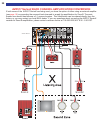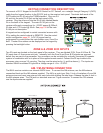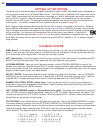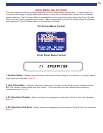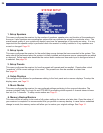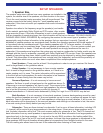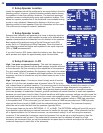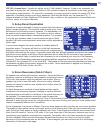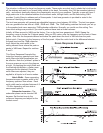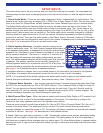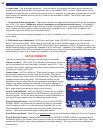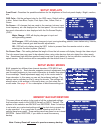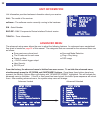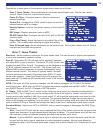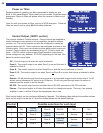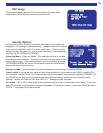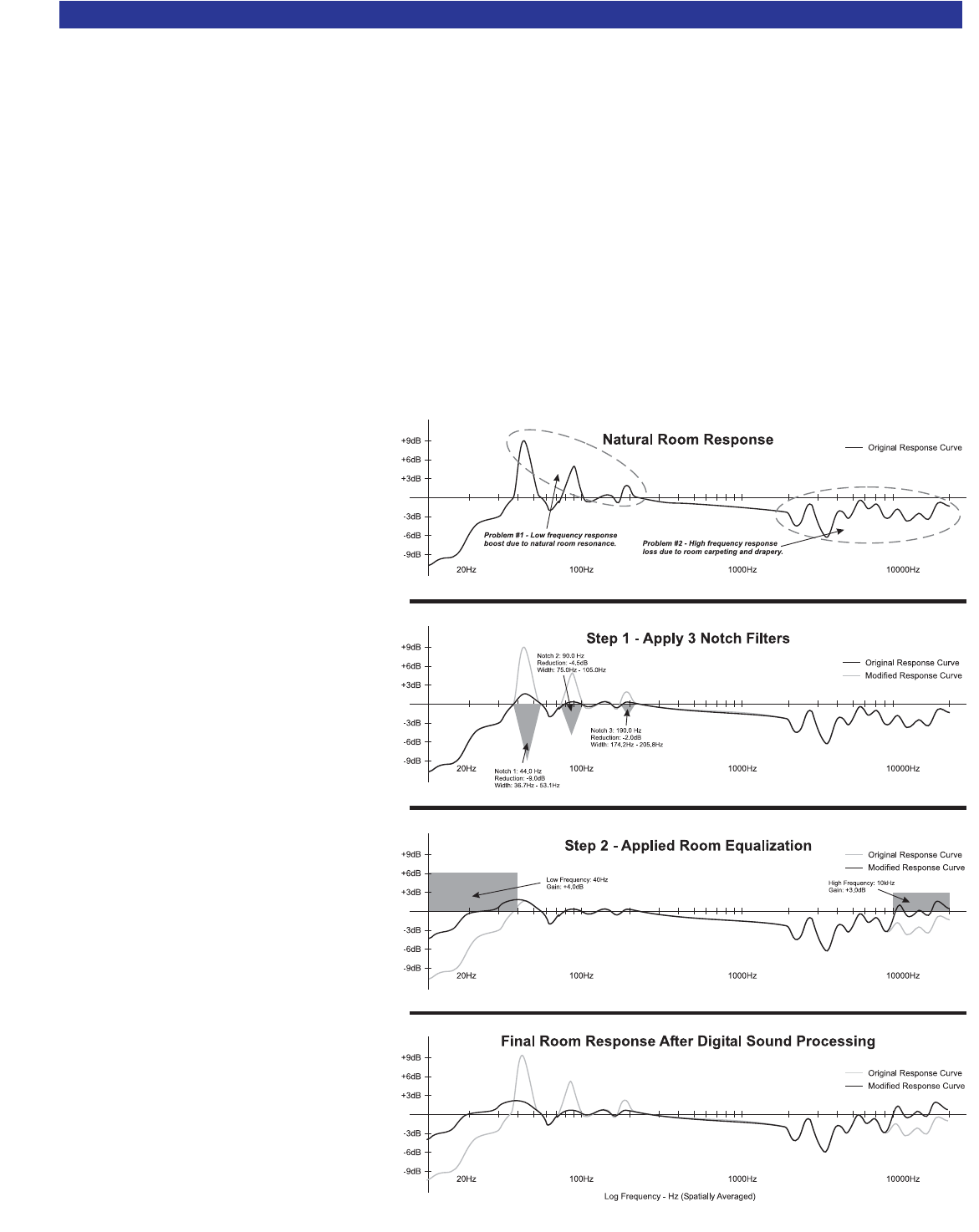
The situation is different for large low-frequency peaks. These peaks are what tend to shake the knick-knacks
off the shelves and result in an overall tubby sound to the bass. Fortunately, this CAN be remedied electroni-
cally…and without drastically altering the characteristic sound of your speakers. Typically a room will have 3
large peaks due to the distance between the front/back walls, left/right walls, and the floor/ceiling. B &K
provides 3 notch filters to address each of these peaks. A test tone generator is provided to assist in the
process of identifying the resonant peaks.
The test tone generator will generate an adjustable frequency tone between 20-300Hz. The test tone gener-
ator can generate the test tone at -42dB, -36dB and -30dB. The -30dB setting matches the levels you set up
in the speaker level menu assuming 75dB spkeaker calibration. Normally you would use this setting. Two
lower level settings are provided if you wish to perform these tests at lower volumes.
Initially, all filters are set to 0dB from the factory. Turn on the test tone generator at -30dB. Sweep the
frequency range to locate the 3 highest peaks. Using an SPL meter, note the frequency and the level of these
peaks. Also note the frequencies above and below the peak where the level is 3dB less than the peak.
Adjust notch 1 frequency to the frequency of the first peak. Adjust the notch level to the difference between
the peak level and the 75dB reference
level. Adjust the notch width to the
setting nearest those where the peak or
peaks is 3dB lower. Repeat for notches
2 and 3.
This Room Response Example illus-
trates the frequency spectrum and how
notch filters and shelf equalization can
be effective. Note the “problem” spikes in
the room response curve in the diagram
at right. By applying the notch filters and
the shelving equalization, a flatter room
response can be obtained. Once the
notch filters are adjusted, they are
applied to all inputs in all music modes.
Notch Width - Some resonating
frequencies span a greater width in the
frequency spectrum than others. Each
notch width can be adjusted between 4.8
- 33.4Hz depending on how wide or
narrow each spike is.
Subwoofer Inversion - The
subwoofer phase can be inverted 180
degrees. Set the test tone to the
crossover frequency and adjust for the
loudest sound.
28
Room Response Example



